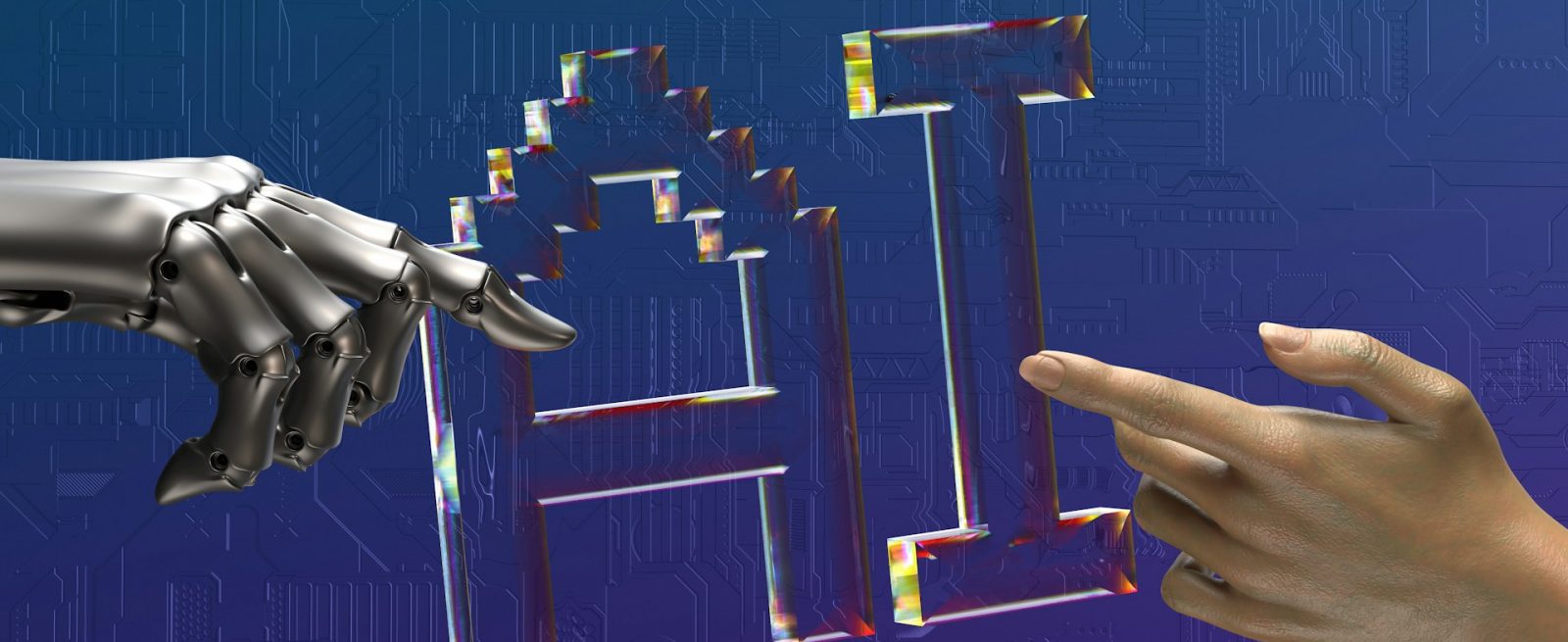How Restaurants Can Use Digital Hosts
3 Min Read By Luca Buccilli
With 59 percent of customers hanging up after calling in and waiting for a minute or less, according to Linga, restaurants are missing out on a lot of business. The average restaurant operating a sit-down dining experience can miss 15-30 percent of incoming calls on average, with that number possibly being even higher during busy hours.
The most common asks are to make a reservation, ask a Frequently-Asked-Question (e.g., menu, hours, etc.), or place an order (for take out).
Most people are calling to book especially when the online booking system says there are no available reservations, so many patrons call anyways thinking there is likely still capacity left.
What Are AI Agents and What are They Used For?
AI phone agents are revolutionizing customer experience in the restaurant industry, transforming how businesses handle customer engagement over the phone and reducing the interruptions in operations. These agents are intelligent conversational digital hosts, designed to interact with customers over the phone (or via text), providing a seamless experience that mimics human conversation.
The most popular reasons businesses are implementing these intelligent virtual hosts is to ensure that restaurants never miss a booking opportunity and proactively manage their online reputation.
The first use case deals with the challenge of receiving simultaneous reservations over the phone while running the rest of the day to day operations of a restaurant.
A second emerging use case is to follow-up after a meal with patrons to gather feedback in order to maintain customer loyalty and minimize the intention for dissatisfied diners to post low rated Google Reviews.
What are Restaurants Getting Beyond Never Missing a Reservation when Implementing these Digital Hosts?
1. Consistency: Every caller receives the same high-quality, professional interaction, ensuring accurate brand consistency through tailored responses
2. Operational Efficiency: No constant interruptions for staff to focus on what matters when an AI phone host is available 24/7
3. Scalability: During peak hours or seasons, digital hosts can easily scale to handle increased call volumes with concurrent call capability without additional hiring
Even for a smaller operation, the constant interruptions by the phone can create additional challenges on employees, especially if they are understaffed since Covid. Imagine if someone is working on something and then they have to stop, put everything aside, answer the phone, deal with the customer, maybe wash their hands, and then pick everything right back up. It slows down the process tremendously.
How Do these Digital Hosts Work?
They can be set up to be either the 1st responder or 2nd back up responder if the initial few rings aren’t picked up. These agents are naturally sounding conversational assistants made to be intelligent with a restaurant operators’ intended processes, logic, and information – Not to be mistaken with IVR technology when waiting to hear a robotic menu of options represented by pressing a number 1 through 8.
Depending on what is needed for them to do, their typically programmed to take down booking information and can even connect to a POS or online booking system to input the booking on the spot.
They’ll be trained on the exact preferred responses to FAQs, scripts, as well as menu offering and company value add branding that is preferred to be communicated.
Call recording and transcript summaries are logged, including any exact facts of the call that are necessary to the operation.
Call forward actions are programmed according to what the caller may be asking for.
What Does a Restaurant Operator Need to Have a Digital Host Built for Them?
The main components required to build the digital employee required from the operators side are:
1. All the information in a file that the digital host should know to inform guests when asked.
2. Any particular logical functions the agent should process when performing a given task on the phone. These can be refined once the testing process begins to see what works best for the customer.
3. Access to the POS/online booking system if necessary. In order to integrate with the agent and allow the agent to perform booking reservations on the system.
4. A registered number to operate the agent, and any additional number(s) to call forward should an operator wish to escalate certain calls under particular circumstances to specific people.
What Is the Difference Between an Out of the Box Solution and Custom?
Every business has its own general information, menu, operating hours, dress code, brand messaging, and so on that is required to train an agent.
The functions such as taking a reservation, special request, or a complaint are all customized actions that each operator may want their digital host to approach differently with their respective clients.
Additionally if the agent is required to auto book reservations in a restaurant’s POS or online booking system, this requires tailored integrations which often goes beyond what an out-of-the-box solution can offer.
In conclusion, AI phone agents are transforming the restaurant industry by ensuring no reservation is missed and proactively managing customer feedback. By leveraging this solution, restaurants can significantly enhance their customer experience, streamline operations, and build a stronger online presence. As the technology continues to advance, AI phone agents will play an increasingly vital role in shaping the future of customer service in the hospitality sector.


